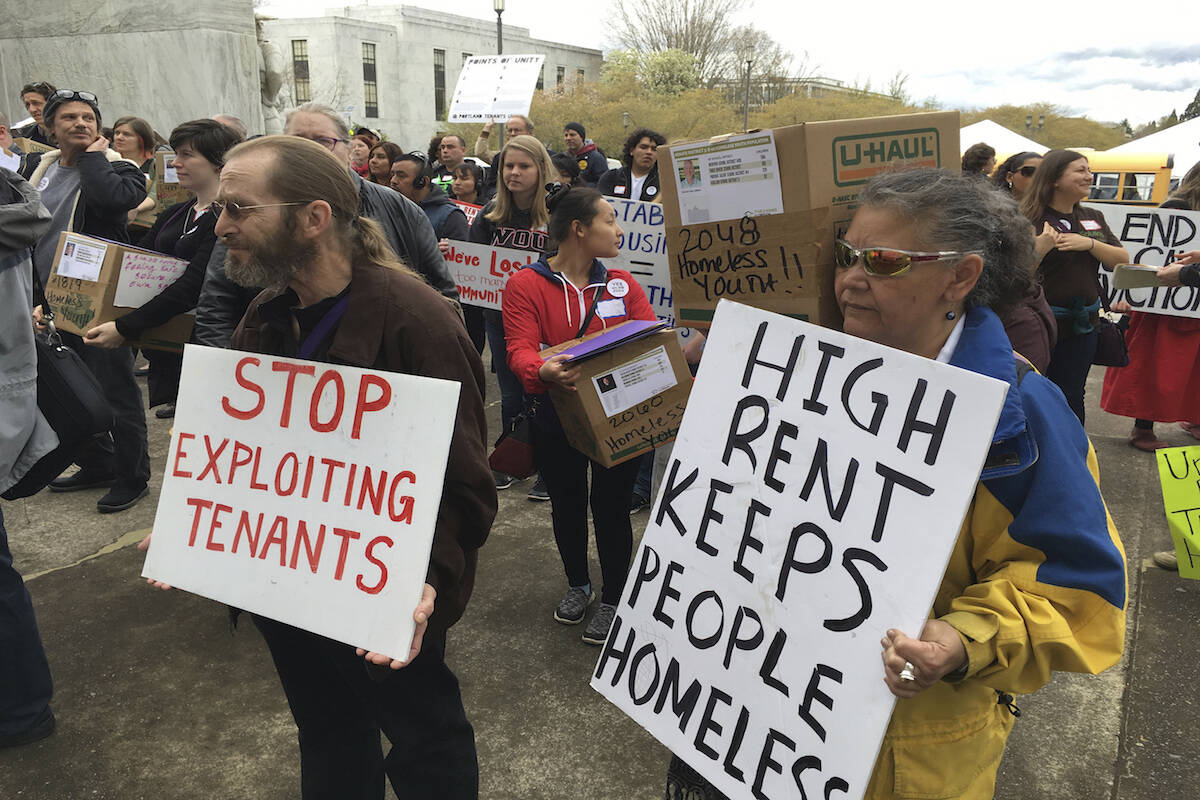EDITORIAL: Despite decades of failure, rent control rises again
Rent control is like a low-budget horror movie villain. It keeps coming back from the dead, no matter how many times it’s defeated by empirical and economic evidence.
This month, Culinary Local 226 announced a ballot initiative to limit rent increases in North Las Vegas to 5 percent annually. The union wants to qualify the measure for the November ballot. If a tenant claimed a landlord retaliated against him or her, this initiative would also create a presumption that the landlord is guilty.
The union is certainly right that rising prices are concerning. A recent study found the median rent in the Las Vegas area is up almost 25 percent since 2019. Three years ago, the median rent was $1,190. This year it’s $1,485. Handling such an increase is especially tough with the cost of gasoline, food and other products soaring.
The appeal of rent control is obvious. Vote for this to pay less. But the long-term outcome is much less appealing. Just look at New York City. Decades of rent control policies have yet to tame its high prices.
That’s because high rents reveal a supply problem. Clark County and other metro areas need more housing. But it costs more now to build those units. The price of building materials has increased by one-third since the beginning of the pandemic. There’s a shortage of workers, too.
Another added expense is the lack of available land for construction. There is plenty of undeveloped land in Southern Nevada. Just look at a map. But the federal government lays claim to the vast majority of Clark County. Efforts to pry more of it free have been unsuccessful so far.
If rent control increased the supply of new housing, it could be helpful. It doesn’t. Instead, it reduces the incentive to build new apartments and rental homes. The proposed ordinance even attempts to account for this. It gives a 15-year exemption for new construction.
That’s better than nothing, but this proposal would still be likely to decrease new construction and discourage property owners from investing in improvements. The former is what happened in St. Paul, Minnesota, after voters passed a 3 percent cap on rents in November. Requests for housing permits fell 80 percent after the law passed, while increasing in neighboring Minneapolis.
Rent control can indeed benefit those who are already renting. But the distortions it introduces into the housing market are felt by everyone. That’s why even liberal groups, such as the Brookings Institute, find rent control in the long-run “decreases affordability.” More housing, not rent control, is needed to tame rising rents.




























